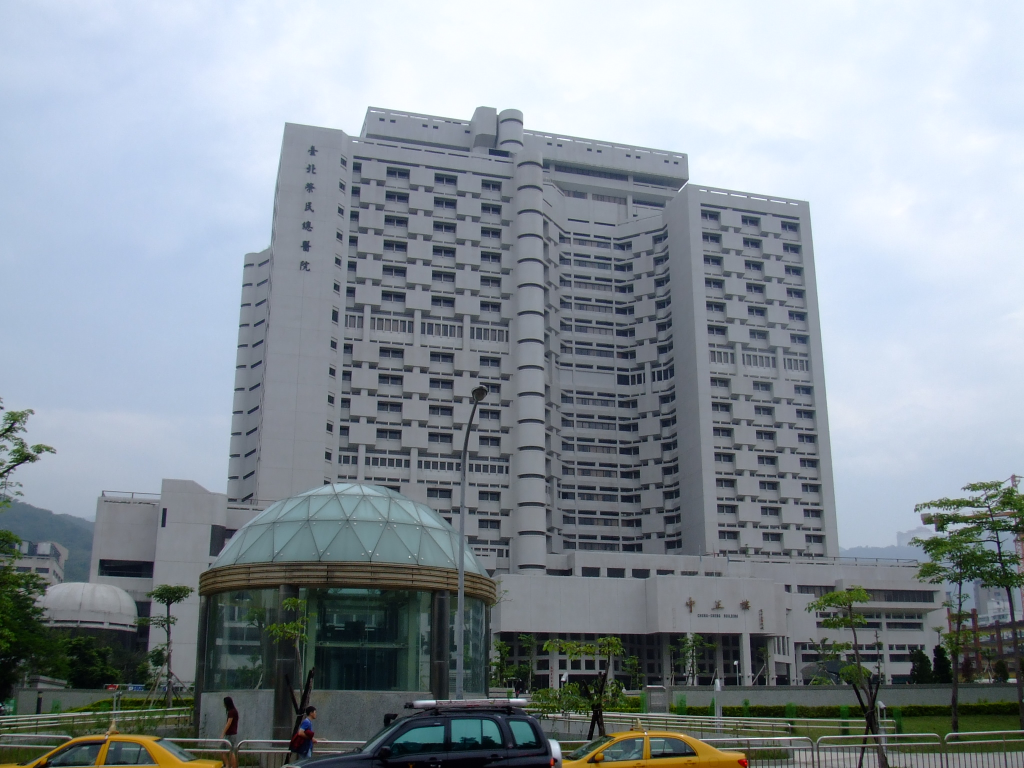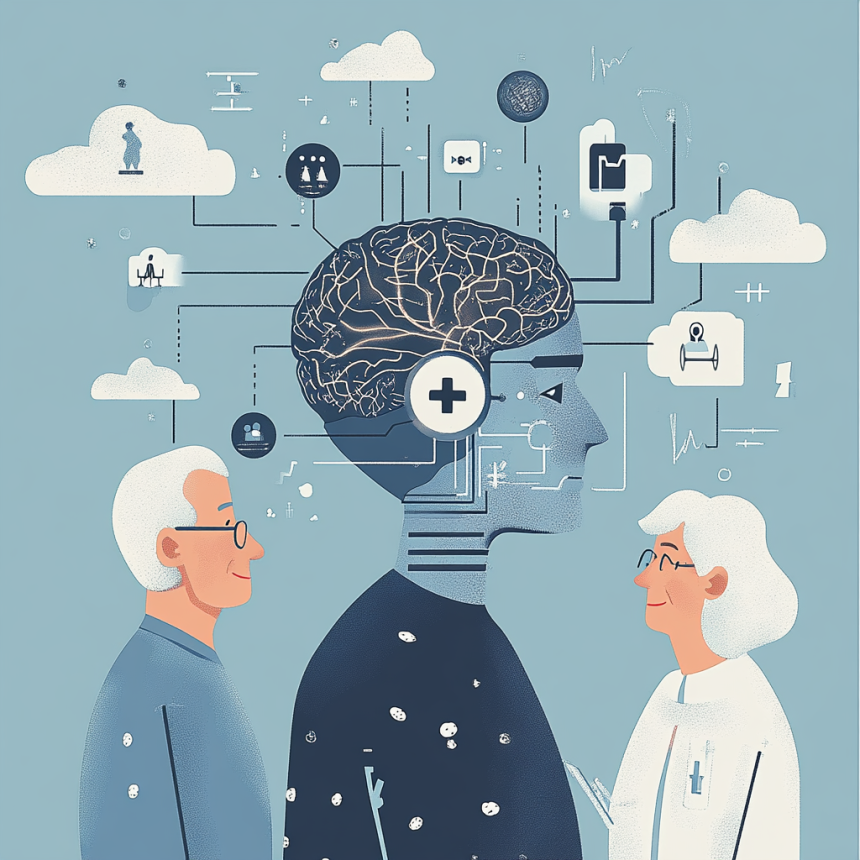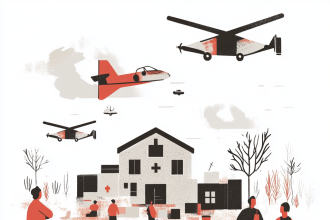As first reported by Healthcare Asia Magazine, Taipei Veterans General Hospital is adopting artificial intelligence to reshape how Taiwan addresses aging-related health challenges. With a national focus on reducing “unhealthy years”—the period of life marked by disease and disability—the hospital aims to detect illnesses earlier and identify risks before symptoms arise.

Source: wikipedia.org.
“We can apply AI in preventive medicine… to detect the disease in the early time,” said Dr. Albert Yang, Deputy Director of the Medical AI Development Centre. “Hopefully we can also detect the risk… when they are not having the illness yet.”
Remote monitoring and point-of-care innovations
The hospital is also deploying point-of-care technologies to monitor patients remotely, helping track progression of diseases like cancer, cardiovascular conditions, and neurodegenerative disorders even when patients are at home. This approach aims to bridge the gap between hospital care and daily living, allowing for more personalized, continuous preventive care. “We want to develop technology to track the progress of the patient when they are at home,” Dr. Yang added.
Sustainable healthcare infrastructure in focus
In addition to digital health advancements, the hospital has implemented several eco-conscious measures. “We have been replacing all the lighting with LEDs,” said Dr. Cheng-Ying Shiau, Head of Health and Safety Administration. Elevators now regenerate power, and lake water is recycled for air conditioning—steps that contribute to reducing the facility’s overall environmental footprint.
International patients seek specialized care
Taipei Veterans General Hospital is also growing as a hub for international medical tourism. “Last year, we received around 6,000 international patients,” noted Dr. Yi-Jen Wang of the International Medical Service Centre. These patients, hailing from China, Hong Kong, South Asia, the U.S., and Europe, often seek specialized services such as orthopedic surgeries and advanced cancer treatments not widely available elsewhere.
Taipei Veterans General Hospital’s integration of AI, remote care tools, and sustainability initiatives illustrates how modern hospitals can simultaneously advance public health and environmental goals. By prioritizing early detection and quality of life in aging populations, the hospital is emerging as a model for future-ready healthcare across Asia and beyond.





